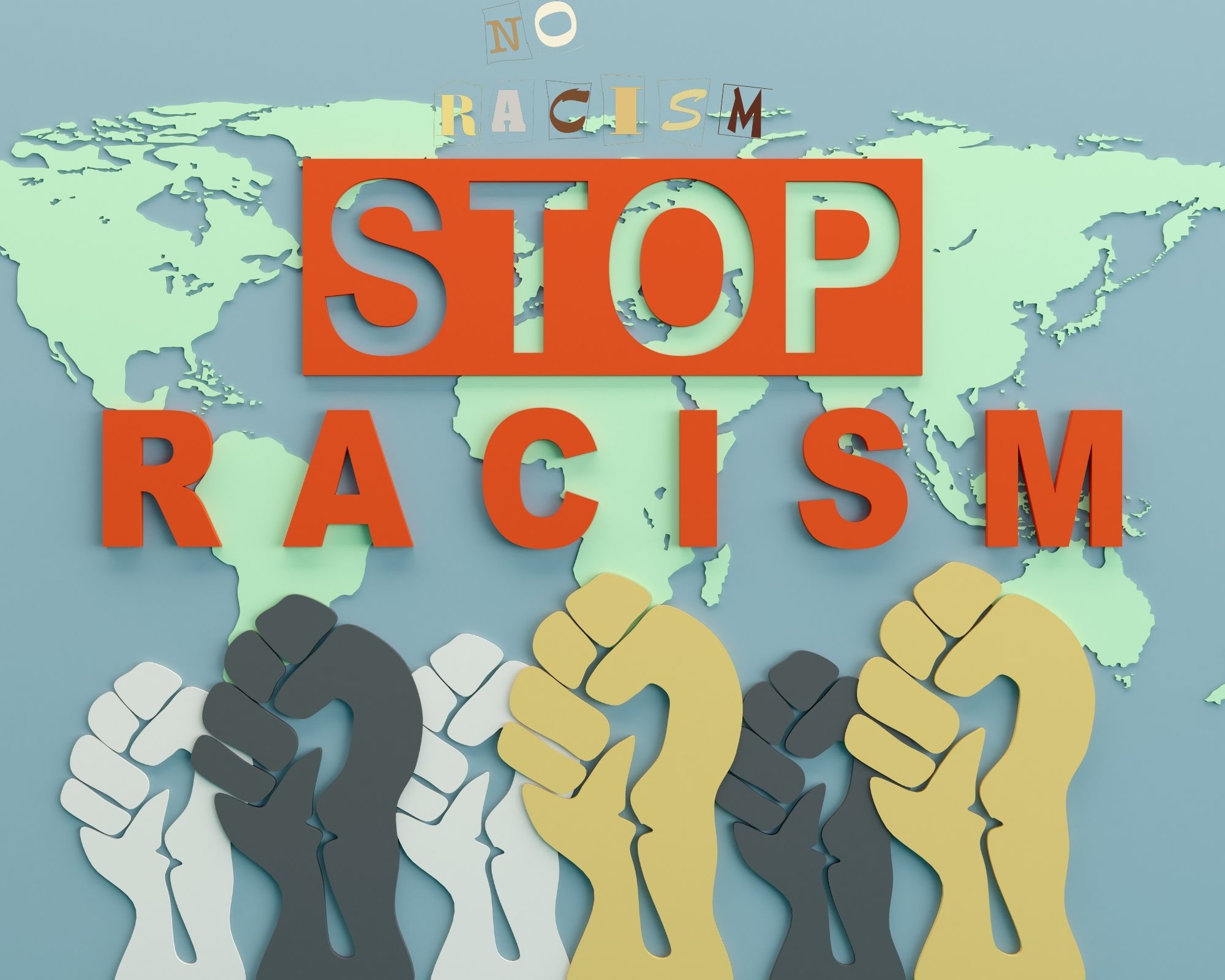Summary:
-
“Around 13 million Africans were carried across the Atlantic Ocean for more than 400 years in what the Secretary-General called the “evil enterprise of enslavement.
-
“Mr Guterres emphasized that everyone was responsible for combat racism’s legacy of enslavement by using the “strong weapon” of education, which was the focus of this year’s anniversary.
-
Brazilian journalist and philosopher Professor Djamila Ribeiro will give the keynote talk at Monday’s UN General Assembly meeting.
-
Non-profit working to end mass incarceration in the United States, as the featured speaker and participant on Thursday.
-
Taco Dibbits, the general director of the Rijksmuseum in the Netherlands, and Valika Smeulders, the head of its history department, will also be on the panel.
He claimed that slavery’s tragic and brutal past exemplifies humanity at its worst.
But it is also a story of “awe-inspiring courage that displays human beings at their best, from enslaved people who rose against insurmountable difficulties to the abolitionists who spoke out against this heinous crime,” he continued.
A “dark enterprise.”
Around 13 million Africans were carried across the Atlantic Ocean for more than 400 years in what the Secretary-General called the “evil enterprise of enslavement.”
People of all sexes were “taken from their families and homelands – their communities torn apart, their bodies made into commodities, and their humanity denied.”
An eerie legacy
“The transatlantic slave trade’s history still haunts us today.
The speaker asserted that we could directly connect the centuries of colonial exploitation to the present-day social and economic disparities.
And in the revived white supremacist hatred, he continued, “we can see the racist tropes popularized to justify the barbarism of the slave trade.”
Mr Guterres emphasized that everyone was responsible for combat racism’s legacy of enslavement by using the “strong weapon” of education, which was the focus of this year’s anniversary.
Team up to combat racism
He asserted that educating people about slavery’s past can “assist in protecting against humanity’s most evil inclinations.”
We may expose the racism of the present by examining the presumptions and ideas that made it possible for the practice to endure for so long, the author continued. And by paying tribute to the victims of slavery, we help those whose dignity was brutally taken away.
“Stand united against racism and together build a world where everyone, everywhere, can live lives of liberty, dignity, and human rights,” the Secretary-General urged people worldwide.
UN holiday celebrations
The UN has planned several activities to recognize International Day.
Brazilian journalist and philosopher Professor Djamila Ribeiro will give the keynote talk at Monday’s UN General Assembly meeting.
Via her best-selling book, “Little Anti-Racist Handbook,” and her Instagram account, which has amassed more than a million followers, Ms Ribeiro has been utilizing the power of education to combat prejudice against Afro-Brazilians.
The youth talk will be given by American university student Taylor Cassidy, who was named one of TikTok’s Top 10 Voices of Change for 2020.
Ms Taylor inspires her two million followers with inspiring films about Black history.
A panel discussion highlighting efforts by museums to include the voices of people of African descent and address the colonial past will feature Bryan Stevenson, founder and executive director of the Equal Justice Initiative, a non-profit working to end mass incarceration in the United States, as the featured speaker and participant on Thursday.
Taco Dibbits, the general director of the Rijksmuseum in the Netherlands, and Valika Smeulders, the head of its history department, will also be on the panel.

